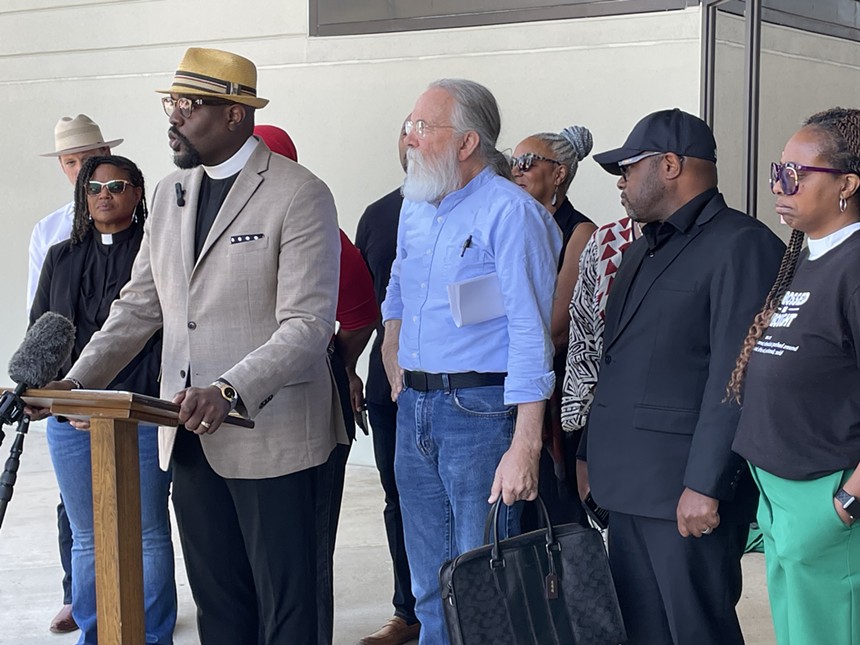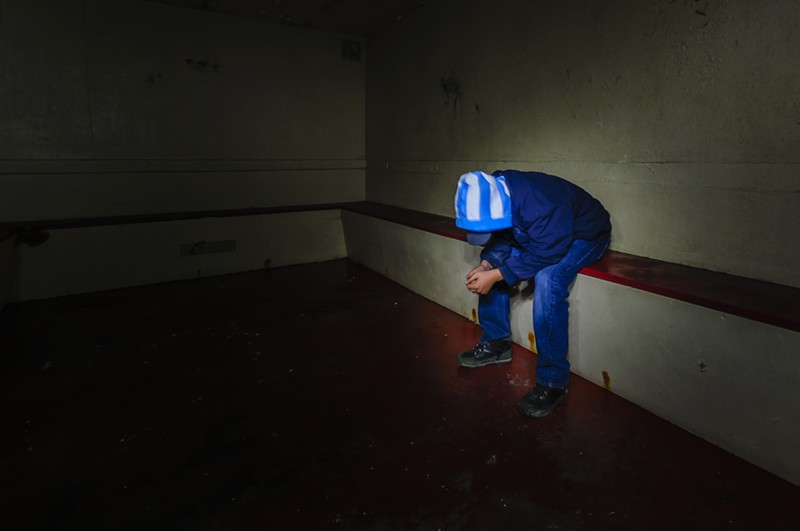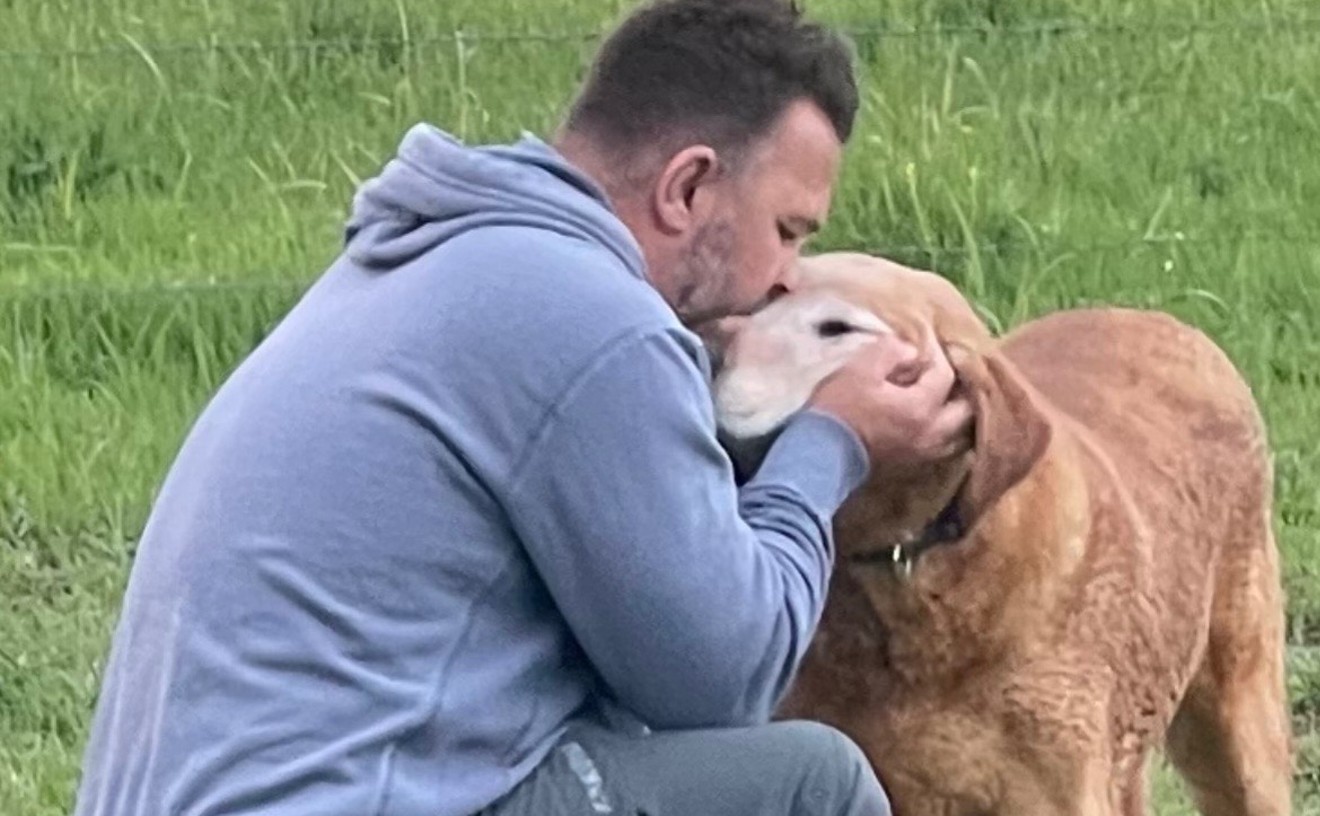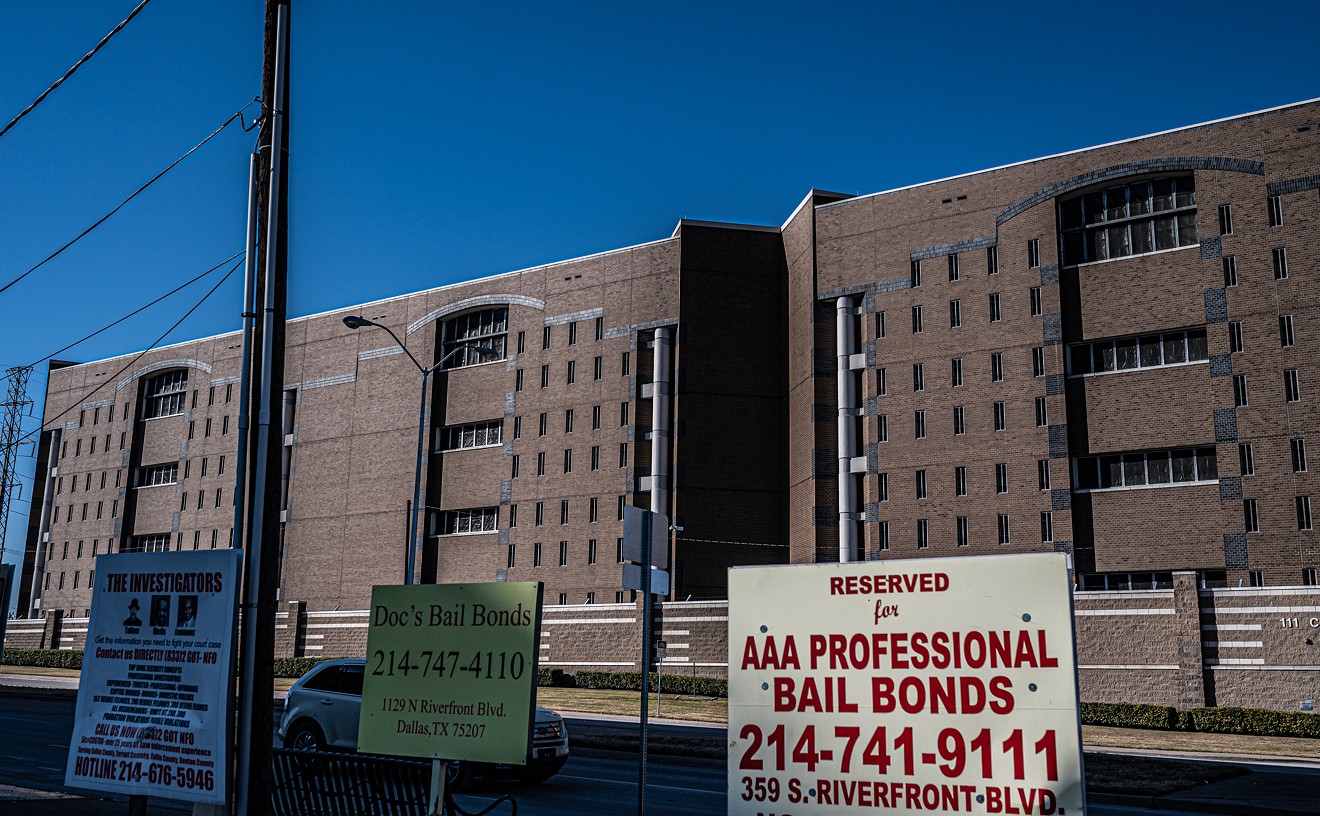On Monday, The Dallas Morning News reported that the executive summary of a report by the Texas Juvenile Justice Department’s Office of Inspector General notes that detention staff falsified “observation sheet” documents in an apparent effort to cover up the manner in which children in the center were often subjected to unsanitary, unsafe conditions while also being disciplined with egregious, unlawful amounts of solitary confinement. The conditions outlined in the report were discovered during a surprise inspection in 2023.
Perhaps the most extreme finding related to the use of solitary confinement. According to the Morning News, the juvenile department employed a “special needs unit” to isolate youths for as much as up to five days without regularly scheduled education, exercise and showers.
At a news conference at the front door of the facility on Tuesday afternoon, Dr. Michael W. Waters of the Dallas Black Clergy for Safety, Equity and Justice opened by reciting the Eighth Amendment, which prohibits cruel and unusual punishment, before holding out a bungee cord-style leash.
“This confirms what we’ve known all along,” Waters said. “That Henry Wade [Juvenile Justice Center] is a house of horrors. Adults must be held accountable when they harm children. It’s interesting to note that in the city of Dallas, it is illegal to keep a dog tethered for longer than three hours in a 24 hour period, yet children in this county have been kept in filthy cells for days at a time without being afforded the dignity of even a daily shower.”
With the inspector general report providing validation for the concerns he and his fellow advocates have been vocal about for some time, Waters detailed a list of demands, including an independent, third-party review that will offer recommendations on best practices, community involvement in the selection of a new Dallas County Juvenile Board executive director, a meeting with every member of the juvenile board and “swift accountability for every adult in the system who has harmed our children and has trampled upon their civil and human rights.”
“This confirms what we’ve known all along, that Henry Wade [Juvenile Justice Center] is a house of horrors." – Michael W. Waters, Dallas Black Clergy for Safety, Equity and Justice
tweet this
Dr. Phea Kennedy, co-founder of the Dallas Black Clergy, said that as she reflected on what has transpired at the facility, she was reminded of specific verses from the Bible.
“When justice is done, it is a joy to the righteous, but dismay to evildoers,” Kennedy said as she quoted Proverbs 21:15. She continued by quoting Proverbs 31:8-9, saying “Speak out for those who can not speak, for the rights of all destitute, speak out, judge righteously, defend the rights of the poor and needy.”

Michael W. Waters (left, at podium), of the Dallas Black Clergy for Safety, Equity and Justice, speaks in front of the Henry Wade Juvenile Justice Center in Dallas.
Kelly Dearmore
Taking questions after Waters’ initial, planned remarks were complete, Griffith said he “takes very seriously the executive summary that came out yesterday," while indicating that things are better now at the juvenile center.
"We’ve talked with the inspector general for weeks now, and we feel very confident that many, many of those things [detailed in the report] have been remedied. We’ll continue to look and strive to do whatever we can to make sure those children are safe.”
Griffiths said that he hasn’t seen the full report yet, but that he thinks the areas that need correction have already been addressed.
“The kids are in school. They’re getting their medical. They’re getting outside recreation," he said. "It was a troubling report. We know that, but we’ve known that since 2023.”
Griffiths has served as the director of the juvenile board twice before. He came on as interim director in August after former director Darryl Beatty and deputy director DeAndra Jones resigned following many allegations of the mistreatment of incarcerated juveniles. Upon Beatty’s resignation, Dallas County Judge Clay Lewis Jenkins called for a third-party investigation into what action is needed at the Henry Wade Juvenile Justice Center.
After Griffiths finished answering questions, Waters asked to add to his comments.
"To get to this point, the juvenile board has had to ignore the statements of parents, children and their attorneys," he said. "They've had to ignore the pleas of the county judge, Clay Lewis Jenkins, as well as Commissioner [Andy] Sommerman, as well as the investigative reporting of the media. They've had to ignore the very claims of the community. To now suggest that somehow, they were misled by some staff, that the juvenile board did not know, does just not pass muster."
Waters noted that a meeting between his group and Griffiths will take place soon. Earlier on in his remarks, with Griffiths looking on, Waters offered an emotional anecdote about taking his family on vacation to Charleston, South Carolina, a few years ago. He said they visited a “separation room” where enslaved African families were split apart after arriving on American shores. He was struck by the small size of some of the shackles on display.
“There were shackles fashioned for children,’ Waters said. “I set our 2-year-old, at the time in his stroller, in direct proximity to those shackles, and I can tell you that they would’ve fit. We are here today in many ways because this center has not only treated our children worse than dogs, but in many ways have treated them like slaves. And our heart breaks for our children.”













